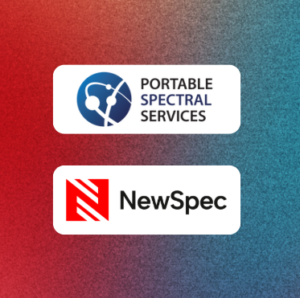
A Bright Future Ahead
Portable Spectral Services Announces Exciting Management Transition
Demand for Rare Earth Elements (REE) continues to increase as the globe migrates to renewable energy. Exploration for REE have significantly increased over the last 18 months to meet this increasing demand. In order to match this demand for REE exploration, Portable Spectral Services (PSS) has developed a REE Index for use on portable-XRF instruments, providing a precise and rapid technique for REE identification.


Figure 1. the diverse use REE in various applications.
The REE Index measures all 14 REE with exceptional detection limits and can calculate light-REE (LREE), heavy-REE (HREE), and total-REE (TREE) with concentrations appearing on screen during analysis. Table 1 displays the detection limits of the REE Index, which is available for purchase and lease at PSS on the Bruker S1 TITAN 800 & CTX.

Table 1. REE Index detection limits.
As seen in the table above, PSS has confirmed these detection limits with known results from lab assays. Whilst providing the user with REE concentrations, either through direct measurement or as a proxy, the REE Index does not hinder the ability of the XRF instrument to continue to detect major elements present within a sample, which also show a significant correlation between laboratory and pXRF results. Some of these plots of significant correlation can be seen in figure 2, or here on our brochure.


Figure 2. Correlation plots between lab assays and REE Index pXRF results on Neodymium (a), and Titanium (b).
Another form of XRF technology can also be used to detect REE: micro-XRF. Using micro-XRF instruments such as the Bruker M4 TORNADO, REE within a sample can be mapped to provide qualitative results on elemental distribution. Furthermore taking the scanned data into automated mineralogy software such as AMICS, REE-bearing minerals can be processed using their unique spectral signatures to provide a spectral match within the AMICS library of over 5000 minerals. The information gathered from this form of processing can be highly valuable as mineral area % can be quantified and grain properties can be determined – such as grain size and mineral association/liberation. Figures 3 and 4 display the results of REE analysis on samples from two different systems with micro-XRF technology.
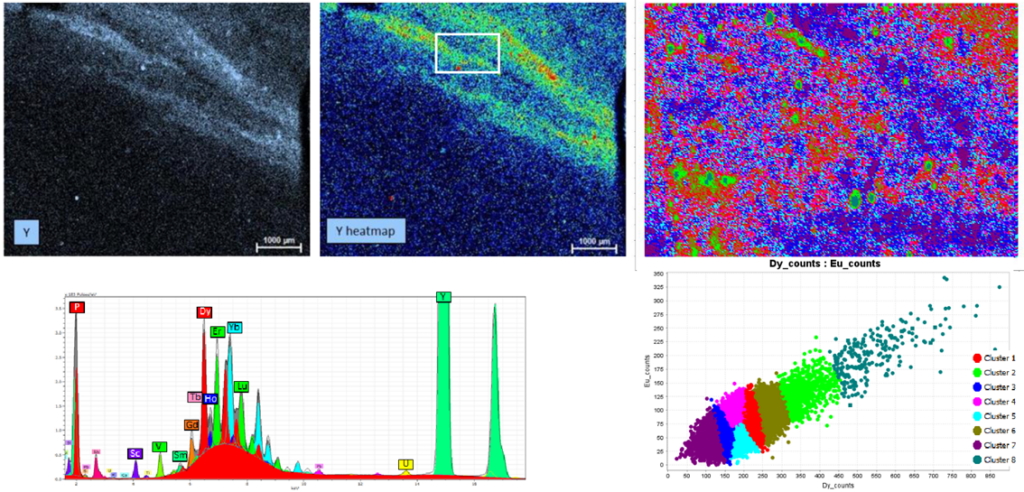
Figure 3. REE detection through micro-XRF canning on clay hosted REE. Dy and Eu counts have been plotted separating clusters.

Figure 4. REE mineral identification of breccia hosted mineralisation using AMICS – sample belonging to PVW Resources (ASX announcement 1 Nov 2022).
PSS also offers a calibration for lithium detection; more can be found out about our Li Index here.
If you are interested in having your own sample analysed by micro-XRF, custom calibrations on pXRF, or would like more information on the REE Index, or AMICS, contact Portable Spectral Services at [email protected].
For more information on micro-XRF spectroscopy visit www.microxrf.com.au/

Portable Spectral Services Announces Exciting Management Transition
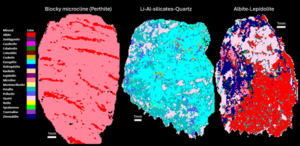
Our tool introduces uXRF (micro-X-ray fluorescence) scanning technology to RC chip analysis, enabling rapid, non-destructive, and quantitative analysis of major, minor, and trace mineral phases.
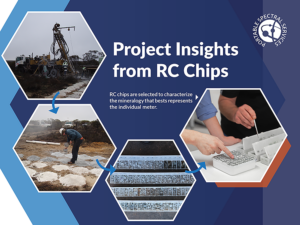
Automated micro-X-ray fluorescence (micro XRF) technology emerges as a powerful tool to rapidly and accurately capture the mineralogy of rock chip, RC and AC samples.

Findings of an ongoing regional evaluation study over concealed Proterozoic lithologies known to host magmatic nickel sulphides with potential to host other base-metal, gold and rare earth elements (“REE”) systems within the Fraser Range, Western Australia.
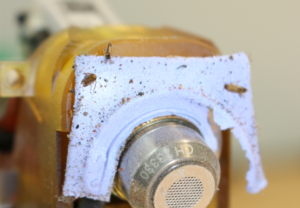
Findings of an ongoing regional evaluation study over concealed Proterozoic lithologies known to host magmatic nickel sulphides with potential to host other base-metal, gold and rare earth elements (“REE”) systems within the Fraser Range, Western Australia.
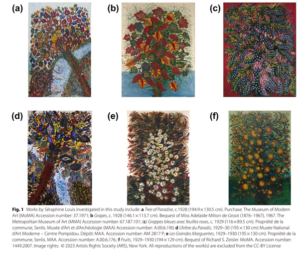
Findings of an ongoing regional evaluation study over concealed Proterozoic lithologies known to host magmatic nickel sulphides with potential to host other base-metal, gold and rare earth elements (“REE”) systems within the Fraser Range, Western Australia.
